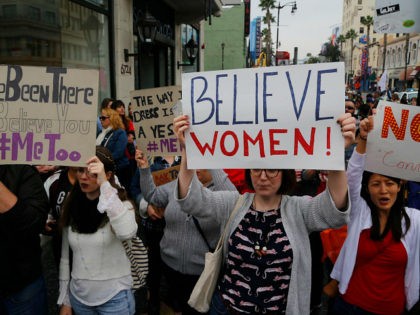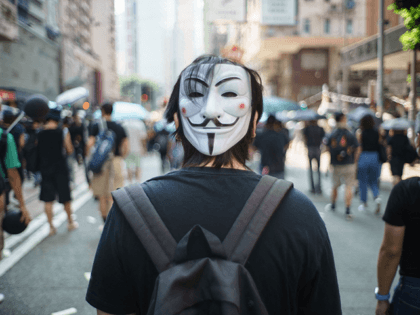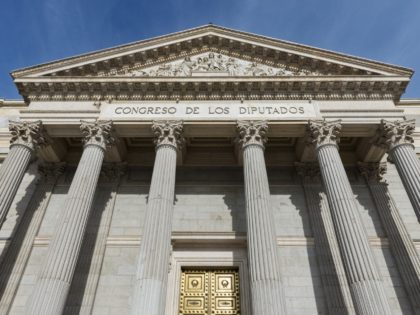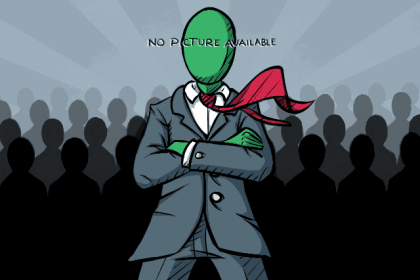#MeToo Backlash: UK Looks to Grant Anonymity to Suspected Criminals to Prevent ‘Trial by Media’
In a potentially major backlash to the #MeToo movement, the UK may grant anonymity to suspected criminals to prevent “trial by media”.

In a potentially major backlash to the #MeToo movement, the UK may grant anonymity to suspected criminals to prevent “trial by media”.

The California state legislature is considering a bill that would require websites and apps to authenticate the age of every user before allowing them access, a move that lawmakers say is aimed at protecting children, but would in effect end online anonymity in the state.

The more disgusting, venal, incompetent, and destructive our political class grows, the more it wants to clamp down on our ability to tell us what we think of it. Funny that.

But what’s good for Westminster is by no means necessarily good for the democratic freedoms of the people they supposedly represent.

Spain’s conservative People’s Party (PP) have presented a bill to the Spanish parliament that aims to end anonymity on social media.

A judge in the Canadian province of Nova Scotia has ordered tech giant Google to hand over information linked to a blog critical of the far-left extremist group Antifa after allegations of cyberbullying.

Newly-appointed French prime minister Jean Castex has made it clear that he is no fan of anonymity on the Internet, claiming that it distorts political debates online.

A new study claims that it is quite easy to identify an individual from a database of anonymized information, even when personal details have been removed. The Silicon Valley Masters of the Universe claim that their usage and potential sale of user data to advertisers protects privacy by anonymizing the data, a claim shaken by the new study.
Swedish Police police commissioner at the National IT Crime Centre Björn Andersson has said he wants to get rid of anonymity for Swedes online claiming that it contributes to computer fraud.

The Swedish government is planning to put more pressure on tech giants Google, Facebook, and Twitter to end anonymity for ‘online trolls’ and those accused of posting hate speech.

CNN host Michael Smerconish is doubling down on the network’s decision to publicly threaten to out an anonymous Reddit user.

In the purported interest of keeping people safe, the European Commission wants to make us all easier to find. In an announcement released today, the EU’s executive body says it wants to stop the anonymous use of virtual currencies like Bitcoin in order to improve security.

The Tor Project, which creates free software for anonymous web browsing, has accused Carnegie Mellon University of working with the FBI to compromise its network, but the FBI has denied the allegations.

The United States, as we know it today, was born in an anonymous debate. On September 27, 1787, an anonymous writer using the pen-name “Cato” wrote an essay for the New York press, criticising the proposed US constitution, which was then awaiting ratification by the states. Cautioning against an overly-powerful executive and the establishment of a standing army, the essay soon triggered a response from “Publius,” another pseudonymous author, who argued in favour of the new constitution. By then a third pesudonymous critic, “Brutus,” had also entered the debate.
